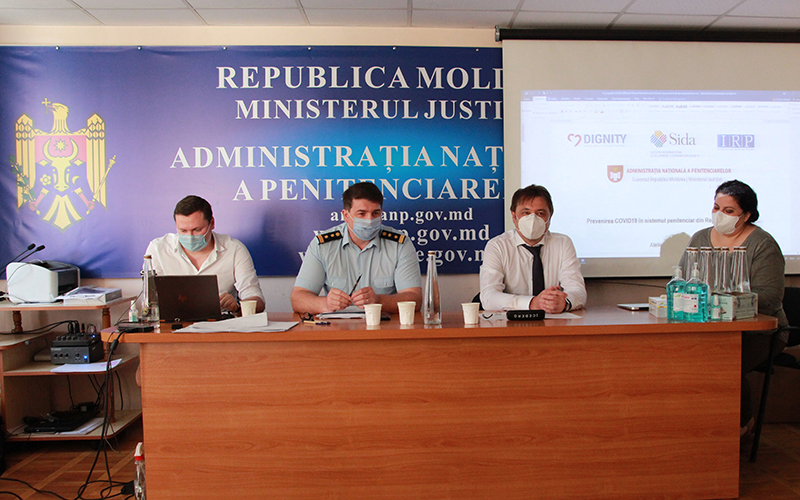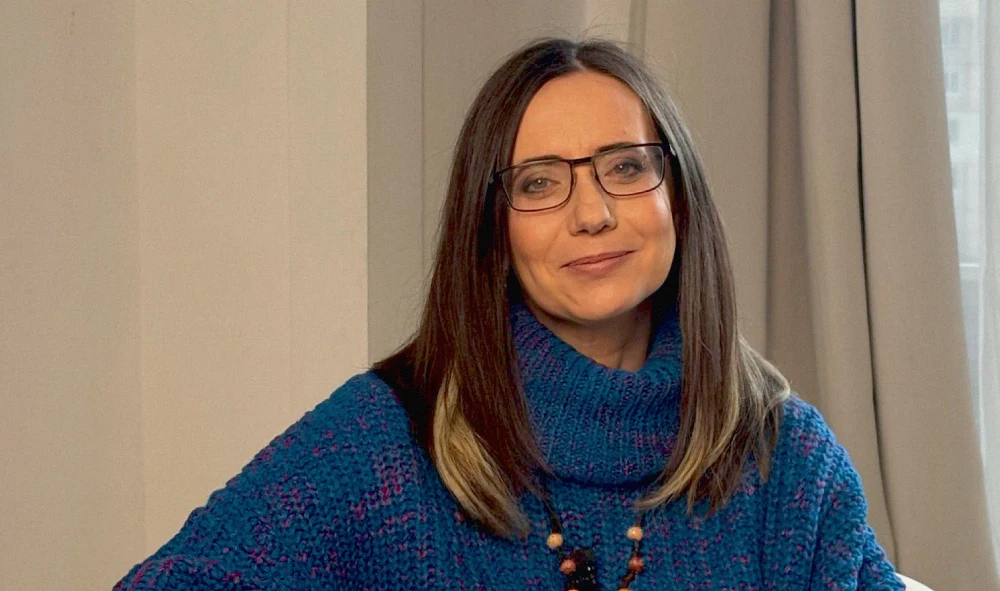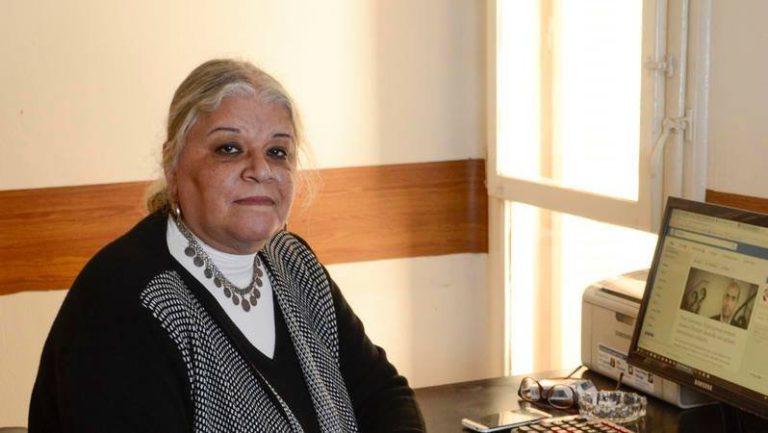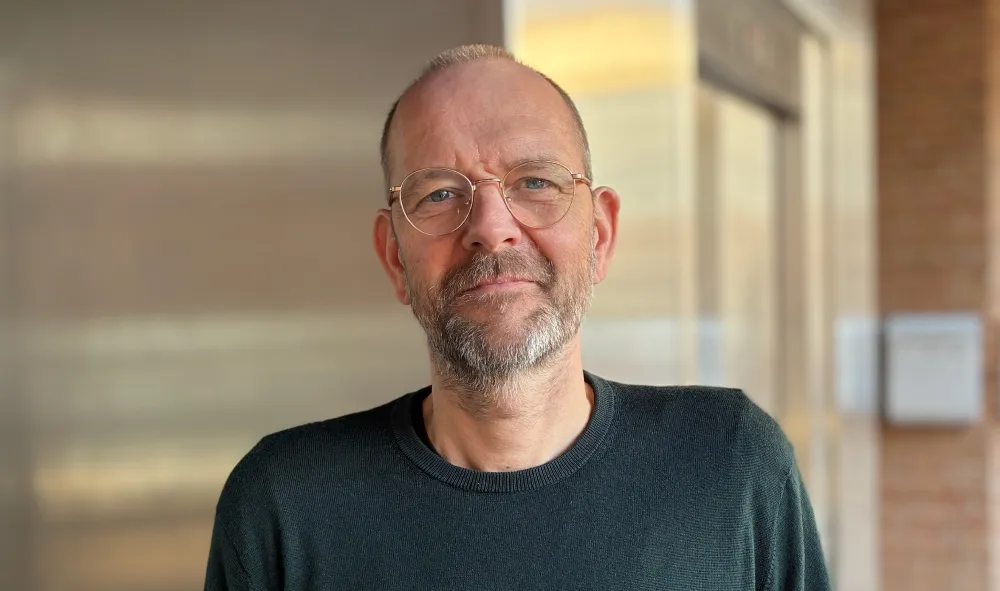DIGNITY and our Moldovan partner, the Institute for Penal Reform, have successfully trained prison staff and management in prevention and management of the pandemic in places of detention. The project was funded by SIDA, the Swedish agency for development cooperation.
Worldwide, prisons and other places of detention have been marked as potential hotspots for the spread of Covid-19.
As prisons are closed environments with limited space, they are often unable to apply basic safeguards to prevent the spread of Covid-19 such as social distancing. Further, poor material conditions and hygiene combined with a poor health of the detainees and limited access to health care services, make people deprived of their liberty more vulnerable to a serious or fatal course during this pandemic.
This includes the prisons in Moldova, where around 6.497 people currently are incarcerated – including pre-trial detainees.
From the beginning of the pandemic until 15th May 2020 Moldovan prison authorities imposed a variety of restrictive measures to prevent the spread of the virus. In May they were lifted, but since mid-March the prisons have experienced an increase in confirmed Covid-19 cases – both among detainees and staff – where at least 147 staff members and 56 inmates have been confirmed positive.
While the reasons to apply strict restrictive measures for virus prevention and control are many, it poses a dilemma for responsible authorities to balance this with the rights of detainees. Such measures might prevent the spread of the disease, they may also heighten the risk of ill-treatment in places of detention.
Experience from Africa
During the pandemic, DIGNITY – Danish Institute against Torture has been addressing this dilemma in other settings such as Sierra Leone and Zambia. This project was therefore built on existing experiences to help increase the effectiveness of prevention and management of the Covid-19 pandemic in prisons and other places of detention, while ensuring the basic human rights of the prisoners.
Jens Modvig, director of the DIGNITY Health Department, says:
»For DIGNITY, it has been a great opportunity to start working in Moldova in partnership with the Institute for Penal Reform and the prison authorities. Such a partnership is necessary to make a substantial impact in the protection of people deprived of their liberty against COVID-19«.
The project has been implemented through training of key prison staff including representatives of the National Administration of Penitentiaries, prison directors and deputy directors, medical staff and staff working with reintegration and prison regime, security and escort officers. All in all, a total of 175 persons.
Practical exercises
The training was built around practical exercises and was concerned with topics such as protection measures and the transmission and symptoms of Covid-19, safeguards of human rights in the context of Covid-19 related restrictions, the screening of new prisons, quarantine, isolation, hygiene, use of personal protection equipment, mental health and psychological consequences in relation to preventive and mitigating measures taken. This also included addressing the needs of vulnerable groups including female prisoners, mothers with children in detention, girls in detention, people with mental health problems and others during the pandemic.
Mr. Igor Dolea, director of Institute for Penal Reform (IRP), sees a lot of potential in this project.
»IRP strongly believes that this project will help the Moldovan penitentiary system to improve its capacity to deal with the Covid-19 by providing necessary knowledge to the staff in line with the main international recommendations. The training is intended to support prison administrators and staff. It has been developed to ensure the safety and security of staff, prisoners and the public in the efforts to prevent Covid-19 from entering the prison and mitigate the impact in case of an outbreak«, Igor Dolea says in a statement.
»It is absolutely essential to engage the prison staff and prisoners in widespread information and awareness-raising activities, so that people in prison or detention and visitors are informed in advance and understand the procedures to be adopted, why they are necessary, and how they are to be carried out and how to deal with inevitable imposed restrictions and to ensure the respect for human rights«.
Based on the training and the discussions with the attendees, 23 recommendations on prevention of Covid-19 in prisons have been formulated. Some address the specific needs of the national prison system including improvement of internal guidelines on protection and hygiene as well as improvement of access to information on Covid-19. Others are concerned with international human rights standards in places of detention and include the need to implement alternative measures of communication with the outside world during the pandemic, identify ways to continue prison activities and implement new ones aimed at improving the psychological condition of the inmates.
These recommendations will now be forwarded to the National Administration of Penitentiaries.
Facts about the project
The project was funded by SIDA, Swedish International Development Aid. It has been implemented by IRP, Institute for Penal Reform, with the support of DIGNITY.
It involved a two-day training programme for prison staff and prison health staff developed by DIGNITY. Further a new two-day programme has been carried out for Moldova prison management.
In total 175 participants attended the trainings. These included:
- 25 representatives of the headquarters of the NPA
- 20 prison governors
- 65 participants from the medical unit from NPA, doctors and nurses
- 50 participants from the escort, regime and reintegration units took part in the 1st training
- 15 participants from the escort, regime and reintegration units took part in the 2nd training
The project was based on successful implementation of a similar training in Sierra Leone carried out by DIGNITY’s partner organization, Prison Watch Sierra Leone with support and participation from central authorities.





